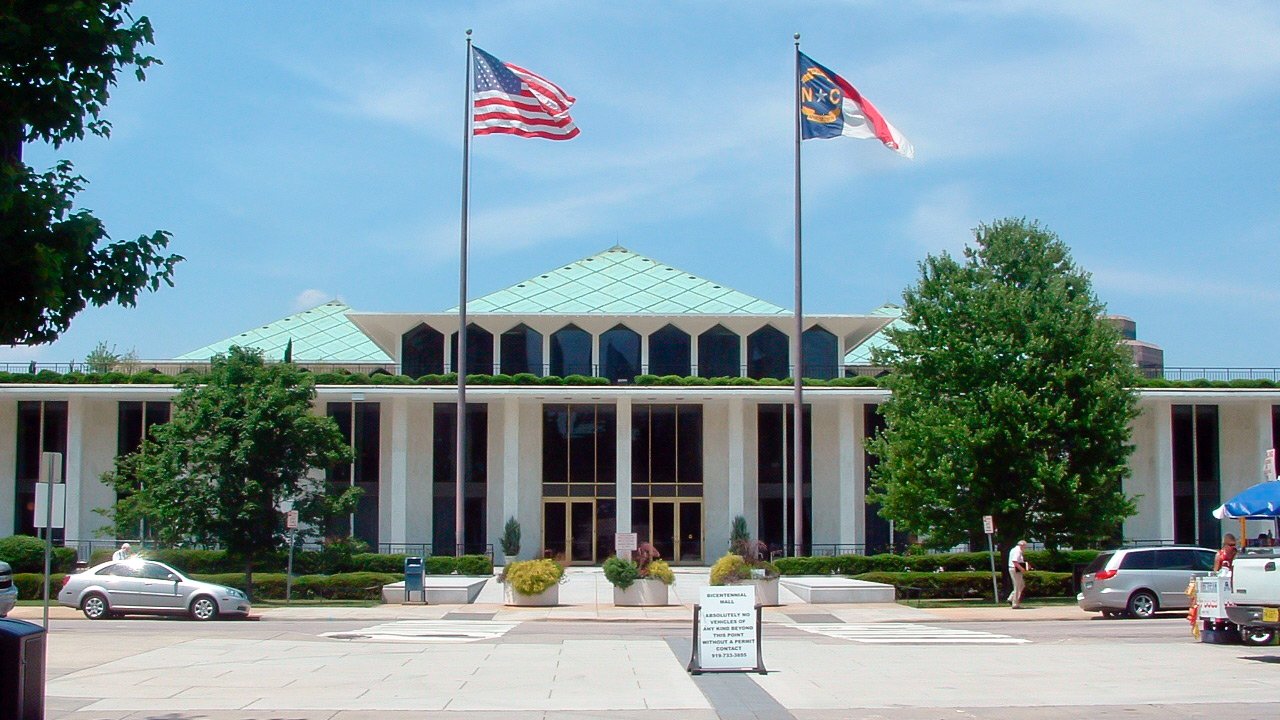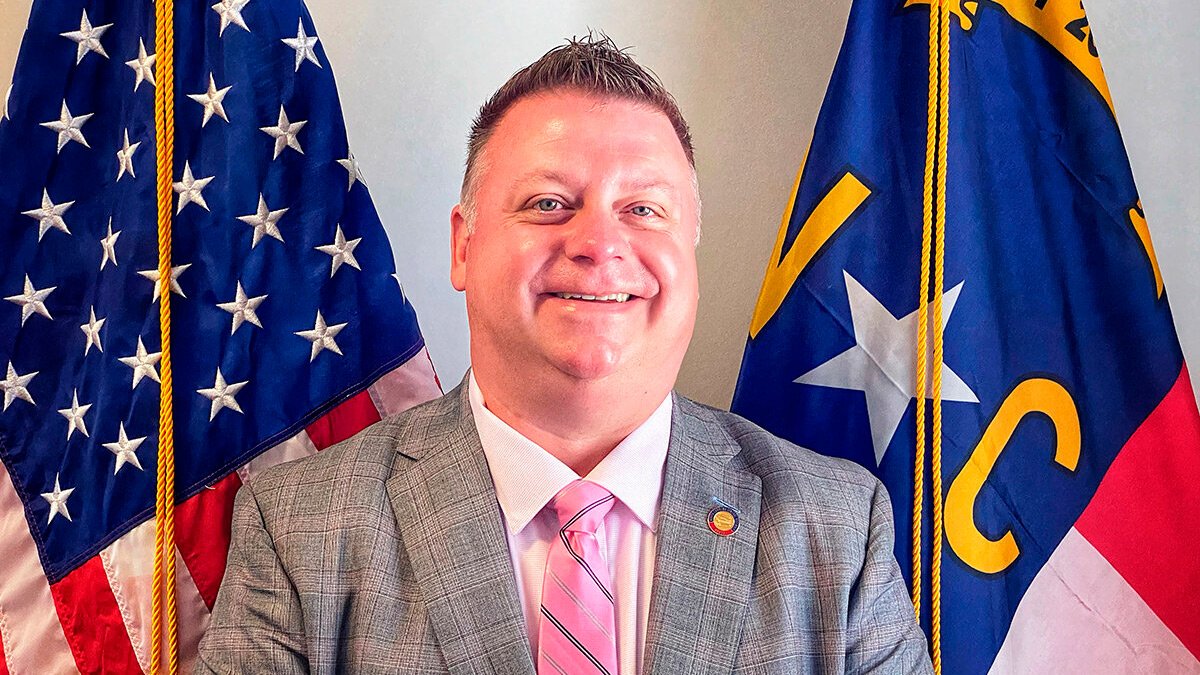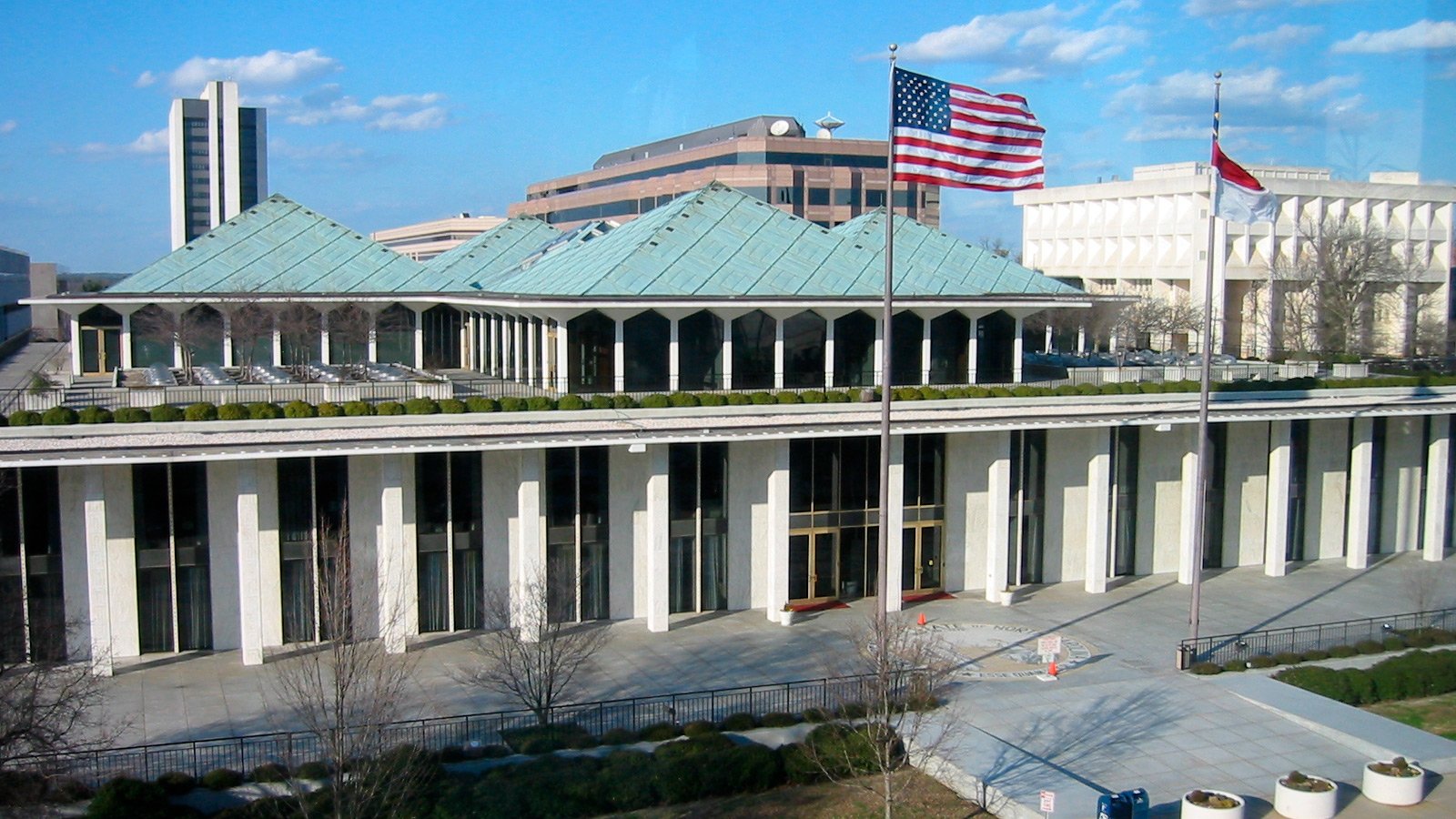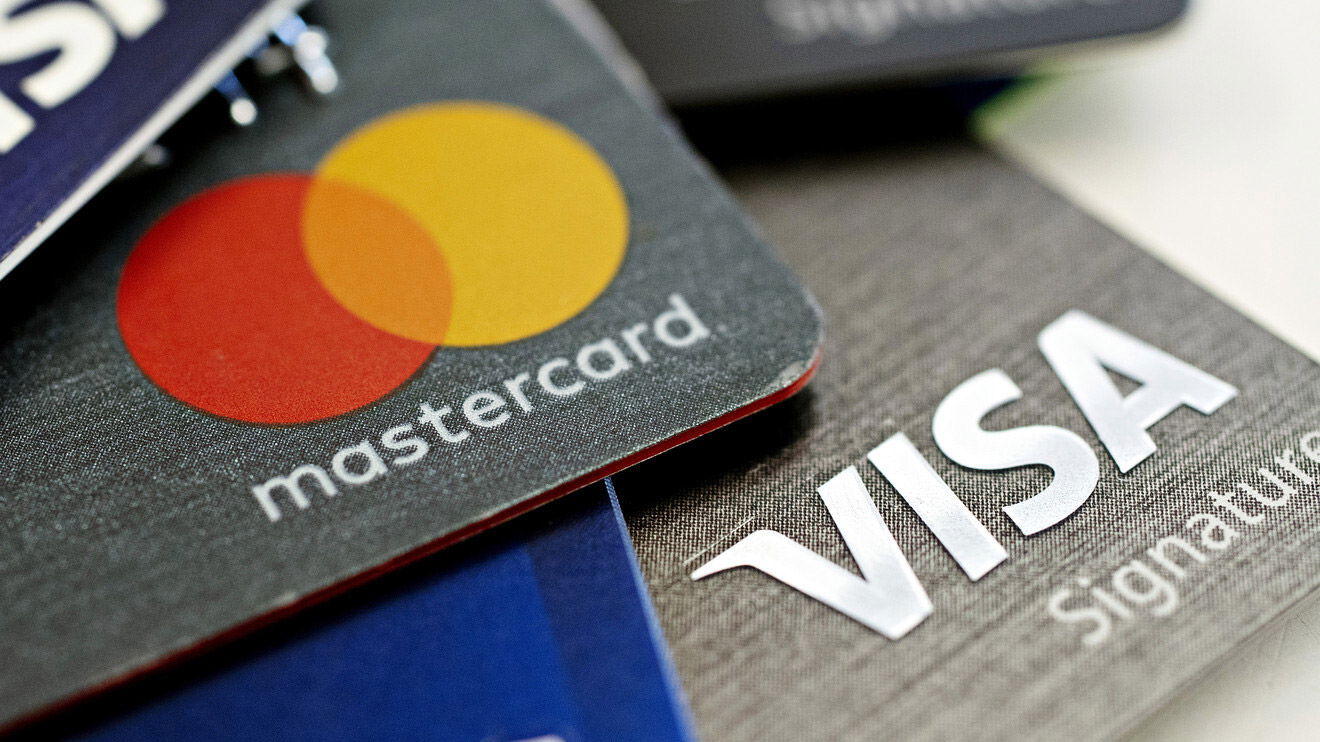North Carolina House votes down online sports betting; passage still possible but unlikely with one week to go

Online sports betting in North Carolina is set to remain illegal for the time being after a voting session on Wednesday night at the legislature. While the North Carolina House approved a bill to legalize betting, it also shot down a separate bill and, given the passed legislation was contingent on the other bill's passage to become law, mobile sports gaming is set to remain prohibited.
Sports betting supporters need to win over only one vote in order for legislation to pass. Backers of the proposal could attempt making some changes to that end, or wait until after this year's elections for another go. “We may end up with a bill before the end of session that will serve for sports betting,” said Rep. Jason Saine according to The Charlotte Observer, moments after the votes were cast. “Don’t know yet.”
Confusion sparked from two sports betting bills advancing in the legislature: SB 688, the original bill; and SB 38, a new bill that acts as a vehicle for making amendments to the original bill. SB 688 already passed the Senate, but failed to pass the House on Wednesday in a 50-51 vote. And while the House did pass SB 38 on Wednesday by a 51-50 vote, the Senate has not yet passed it.
Rep. Jason Saine
Saine said the fight isn't over yet, despite the setback experienced. “Sports wagering is going to remain an issue for the state of North Carolina,” he stated, according to the cited source. “Because all of the states around us are doing it ... we’ll continue to lose money to other states.”
“In conversations with the governor’s staff, if he does not receive both bills, then he won’t sign them into law,” Saine told WRAL. With SB 688 failing, legislation isn't "totally dead," according to the Rep., but is likely mobile sports betting won't be legalized this year.
Ahead of Wednesday's vote, the House Judiciary I Committee advanced the two bills, greenlighting them on Tuesday afternoon with minor amendments, which double the amount of money to $2 million a year for problem gambling treatment. The proposed legislation would see sports gaming launching as early as January 1, 2023.
The amendments also prohibit wagering on amateur sports, defined largely as Olympic events in the bills. The proposals passed with six yes votes, three no votes, and one abstention. They passed two more committees -House Finance Committee and House Rules Committee- before the full chamber voted on Wednesday night.
North Carolina State Legislative building
SB 38 raised the fees and tax rates proposed in SB 688 to be paid by sports wagering operators. Under this new proposal, operators would pay a 15% tax on gross wagering revenue minus winnings paid out plus promotional credits and federal excise tax. The deduction for promotions and credit would be phased out in five years, according to WRAL-TV. The original bill proposed an 8% tax rate and did not sunset the deductions for promotional credits. There is a $1 million application fee for sportsbook operators and a $1 million fee for license renewal.
Should the bills be signed into law under their current versions, legalized online sports gambling could launch as early as January 1, a date later than in previous estimates. Previous plans suggested sports betting could be legalized in time for the upcoming football season, according to WCNC.
The legislation would authorize gambling on professional, electronic sports, as well as horse racing. Betting on youth sports -events in which the majority of competitors are under 18 or competing on behalf of preschool, elementary, middle or secondary schools- isn’t permitted. College sports, which was originally featured, was eventually shot down.
Despite critics of legalized sports betting in both the Republican and Democratic caucuses, legislation supporters believed they had the votes to pass legislation this year. Had the bills passed the House, the Senate would still have to concur with the changes made to SB 38, but that bill wouldn’t have to go through Senate committees.
NC Gov. Roy Cooper, a legalization supporter
Lawmakers have until the end of June to wrap up the current session and wouldn’t meet again until January, unless a special session is called. Gov. Roy Cooper, who has shown support for online sports betting legalization, would sign the legislation.
Online sports betting counts with support from the state's pro teams. NBA’s Charlotte Hornets, NHL’s Carolina Hurricanes and NFL’s Carolina Panthers, along with Charlotte Motor Speedway, all support the legislation. Meanwhile, the state’s top athletic colleges have stayed quiet on the proposal. In a surprising twist during discussion on the House floor, the House adopted an amendment that would prohibit betting on all college sports.
Sports betting is currently legal in North Carolina, but only on a retail basis at two tribal-owned casinos in the western part of the state, meaning a large part of North Carolinians currently do not have convenient access to legal sportsbooks. The Eastern Band of Cherokee Indians and the Catawba can apply for online licenses, but those wouldn’t count toward the total number of operators in the state.

Under the proposed law, at least 10 and up to 12 online operators would be licensed to take online bets. Initial projections indicate the state could potentially collect between $8 million and $24 million per year in tax revenue, although these figures could further rise if lawmakers adopt the higher tax rates proposed in the second bill. Virginia and Tennessee each have legal online sports betting, which has led some North Carolina legislators to propose adopting similar measures.
The first $2 million in tax revenue after expenses for the Department of Revenue and the N.C. Lottery Commission would be earmarked for the Department of Health and Human Services to set up gambling addiction education and treatment programs.
After that, revenue is split 50-50 between a newly created North Carolina Major Events, Games, and Attractions Fund -tasked with bringing major sporting events to the state- and the state’s General Fund. Local entities would be allowed to apply for a grant from the major events fund. Sen. Jim Perry, a bill sponsor, said Tuesday that lawmakers were considering lowering the percentage earmarked for this fund.
“We had a ton of other people involved in this, and it was slow-moving and a lot of conversations. This is an individual issue and some are comfortable, some are not,” Perry, a Lenoir County Republican, told WITN.


















